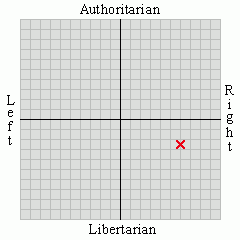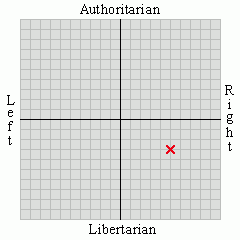Paragraph 17 of the Ministerial Code established in 2001 states:
Collective responsibility requires that Ministers should be able to express their views frankly and in the expectation that they can argue freely in private while maintaining a united front when decisions have been reached. This in turn requires that the privacy of opinions expressed in Cabinet and Ministerial Committees should be maintained.
The continuation of the elitist doctrine of collective responsibility in the Cabinet is likely to be criticised in light of recent scandals and calls for greater transparency. Its greatest criticism however is that it effectively eliminates any opposition within the Cabinet to the policies of the Prime Minister. Former Lord Chancellor, Lord Falconer, has said that dissenting ministers are unable to debate important issues, citing the example of Robin Cook being forced to resign before policy had been concluded on the war in Iraq. The Butler Report of 2004 stated that two Cabinet ministers “expressed their concern about the informal nature of much of the Government’s decision-making process, and the relative lack of use of established Cabinet committee machinery." It also stated, "we are concerned that the informality… of the Government’s procedures… risks reducing the scope for informed collective political judgement." Certainly collective responsibility should be maintained to uphold party unity once a policy has been established, but it should not stifle debate at the earlier stages, at least not in a deliberative democracy.
When the government enjoys a majority in Parliament therefore, the power of the Prime Minister is subject to fewer checks than it would be under the constitutions of other democracies. This is merely one reason why the British Prime Minister is often said to be an 'elected dictator'. The presence of the Lord Chancellor in the Cabinet further reduces the separation of powers, because, as head of the judiciary, he is entitled to preside over the Lords, the final court of appeal from the courts of the UK. Nevertheless, judicial review has been increasing over recent years, despite the temptation to abolish the House of Lords or bypass it using the Parliament Acts.
Parliamentary select committees remain the only bodies to hold the executive to account and even they are appointed by the whips of the various parties. Inevitably this gives the committees a composition which mirrors the Commons and thereby neutralises their efficacy, as the government's MPs, forming the majority, are unlikely to back reports that criticise their policies. It is estimated that over 3,000 statutory instruments are authorised every year and only a very small proportion of these are actually reviewed by the select committees or in any other way. In practice, the reports of the committees are rarely given proper consideration as the Commons and the government are not obliged to debate their findings. Therefore, the committees must be given full powers to subpoena ministers and to approve major public appointments and its members should be chosen by a vote of the whole House of Commons rather than being appointed by the whips. Moreover, their powers should be extended to allow them to scrutinise proposed legislation before it reaches the Commons for its first reading in order to identify contentious areas and improve its drafting.



No comments:
Post a Comment